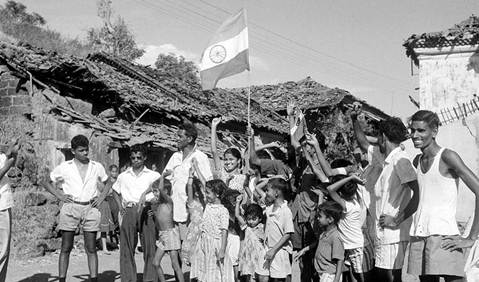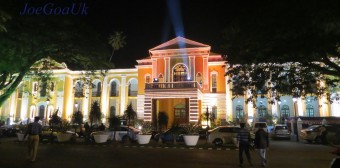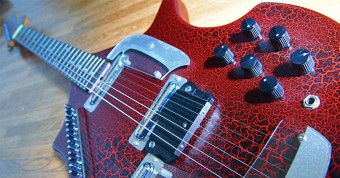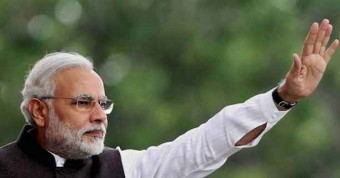Memories of the Eve of Liberation Day
Damodar Mauzo, Goa’s much loved Konkani writer recounts the exciting days of December 1961
The tension building up in Goa was showing, right after the last page of the 1961 calendar appeared. Just before the fifteenth of the month, my newly married elder sister who had been visiting Mumbai returned with her husband. My brother-in-law, who liked to report stories at length, recounted their scary experience, as they crossed the border from Mazali to Polem—that half kilometer distance took them hours to cross over. The Indian military was just across the borders ready to march into Portuguese Goa, he said. I could not believe him when he narrated how frightened the paklés looked.
My understanding of the ‘paklés’ was quite conflicted. As a young adult I had known many a white Portuguese—most of them soldiers, and a few officers. As a nationalist, I hated those who would imprison and torture the Jai-Hind-ists, as the freedom fighters were called. But though I had politically negative opinions about the colonizers, I liked most of them. Except for a few whom I had seen at Dilkhush Café in Margao, flirting with women, mostly prostitutes, the rest seemed like good chaps. I often helped my uncle at our shop-cum-bar where they came for a shot of conhaque and liked to chat about almost anything and everything, albeit in Portuguese. That is how I would brush up my knowledge of the white man’s lingua, that I had first learned at the aula, the primary school. They looked tough and brave, besides being decent and well mannered. So when my brother-in-law told us of how the whites looked a fearful and confused lot, I couldn’t believe my ears.
Within a couple of days, I got a taste of the anxiety the Portuguese police and soldiers were going through. We had a Chevrolet truck that was running for a mining company. It was brought home for some repairs. At about eight in the morning my uncle asked me to accompany the truck to the garage. As we reached Margao town, two policemen stopped our truck and ordered me to get down. The two climbed in and went off with the truck. I was scared. The truck was a major asset of our family. I knew the vehicle would be taken to the police station in Margao, so I walked to the station. But I soon realized that no one there was in a mood to listen to me. Suddenly it struck me that Mr. Sripad Virgincar, popularly known as Pa, was a close friend of the top Portuguese officers. Lady luck was on my side that day as I managed to meet Pa in his office. On listening to my plight, he took me straight to the head of the police station, and the next moment the truck was out. I was driving jubilantly to the garage when I was again stopped by the police, but when I told them of the earlier episode they believed me and let our truck go. That coveted vehicle remained in the garage for a good many weeks after that, until things cooled down. I learned later that the Portuguese military was taking over as many trucks as possible, to deploy their soldiers and material. Some of those trucks were then filled with dynamite and used to blow up the bridges at Borim and other sites to block the advancing Indian army.
On the morning of the 17th I jumped up with a start. Somebody had rapped on my door. I opened the door to find a nervous cat that seemed ready to run away at my slightest movement. I cursed the cat for jumping on the door and turned back, when there was yet another shudder, louder this time. Dabolim airport is just ten miles away from my village Majorda, and I could see aircraft hovering in the sky. I could imagine what was happening.
We switched on Voz de Liberdade, the radio station of the freedom movement, to listen to the inimitable exuberant voice of Libia Lobo Sardesai informing of the advancements of the army. The news that the Indian army had crossed the border was such a thrill that I could not resist the temptation of going to Margao to see the events unfolding. My mother hesitantly allowed me to go, not without many words of caution.
To my surprise, not only the paklés, but the locals who worked for the Administraçao or Obras Publica (Public Works) were running helter skelter with long drawn faces. I still recollect how, on my way back, I greeted my writer friend Felicio Cardozo who was cycling to Margao in high spirits. “They have to go now!” he crowed excitedly.
By the morning of 18th December the Quartela stood empty. I once again cycled to Margao that afternoon to watch the Indian forces entering the town. The tanks rolled onto the streets of Margao, and probably to the surprise of the army men, people flocked by the roadsides to greet them. Goa was freed that day, though officially it was declared liberated on the 19th. Today, when I tell of these memorable days to my grandchildren they listen in such awe, and I feel proud.






